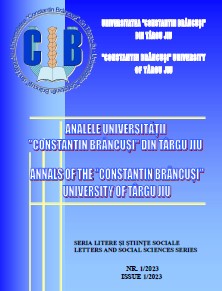WHY UNITED STATES REMAINED A SUPERPOWER AND THE SOVIET UNION DID NOT? AN INSTITUTIONAL ANALYSIS
WHY UNITED STATES REMAINED A SUPERPOWER AND THE SOVIET UNION DID NOT? AN INSTITUTIONAL ANALYSIS
Author(s): Adrian Eugen PredaSubject(s): Political history, Government/Political systems, Political economy, Comparative politics, Cold-War History
Published by: Editura Academica Brancusi
Keywords: Extractive Institutions; Inclusive Institutions; Soviet Union; United States;
Summary/Abstract: The present paper represents a comparison between the political and economic institutional settings of the United States and Soviet Union in the moment of the end of the Cold War, from the theoretical lenses provided by the new institutional economics model as devised by Daron Acemoglu and James A. Robinson. This paper tries to answer the question of why the United States preserved the superpower status and the Soviet Union did not. This paper argues that the United States had better political and economic institutions than the Soviet Union. Therefore, the superior character of the American institutions made the difference at the end of the Cold War, the United States being able to preserve its superpower status, while the Soviet Union collapsed and disappeared as a state.
Journal: Analele Universitatii „Constantin Brancusi” din Targu Jiu – Seria Litere si Stiinte Sociale
- Issue Year: 2023
- Issue No: 01
- Page Range: 129-136
- Page Count: 8
- Language: English

